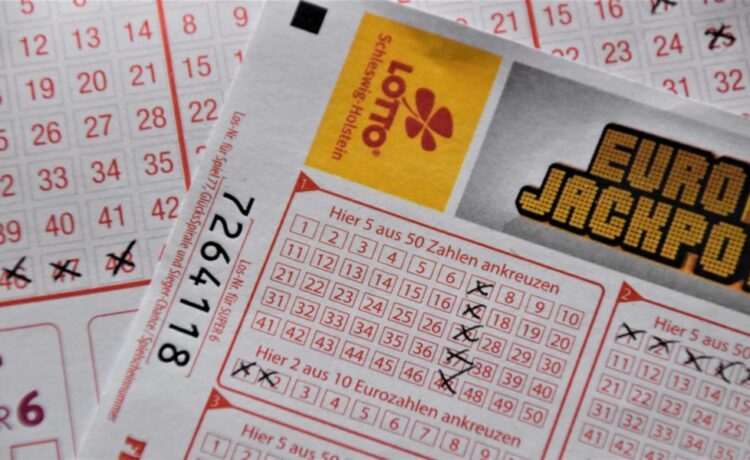Online lottery is purely a game of chance the mathematics behind lottery games can give you a strategic edge. By applying mathematical principles, you make more informed decisions and increase your chances of winning. Relying on gut feelings or lucky numbers, consider using mathematical approaches to select your digits. Analyzing past winning numbers and identifying patterns can provide valuable insights.
Probability and expected value
Probability theory is a fundamental concept in lottery mathematics. The likelihood of different outcomes can help you make smarter choices. Calculate the probability of winning for various number combinations and compare them to the potential payout. This analysis lets you determine which games offer the best value for your money.
Avoiding common pitfalls
Many players fall into mathematical traps when playing the lottery. For example, choosing consecutive numbers or relying on birthdates limits the range of numbers you use, potentially reducing your chances of winning.
Syndicates and pooling resources
Joining a lottery syndicate or pool can be a mathematically sound strategy. By combining resources with other players, you have more tickets and a broader range of number combinations. This approach increases your chances of winning, although any prizes would be shared among the group members.
Analyzing different game types
Lottery games are created equal. Some offer better odds than others, even if the jackpots are smaller. Take the time to analyze the mathematical structure of different games. Look at the number of balls drawn, the range of numbers available, and any additional bonus numbers or multipliers. This analysis can help you choose games that offer the best mathematical advantage.
Role of expected value
Expected value is a crucial concept in lottery mathematics. It represents the average outcome of an event if it were to be repeated many times. By calculating the expected value of different lottery games, determine which ones offer the best potential return on your investment. Remember that even games with a positive expected value still carry risk, and winning is never guaranteed.

Avoiding the gambler’s fallacy
One common mathematical misconception is the gambler’s fallacy – the belief that past events influence independent events. In lottery terms, this might lead players to think that specific numbers are “due” to come up because they haven’t appeared recently. Understanding that each draw is independent can help you avoid this flawed reasoning and make more rational choices.
Balancing strategy with enjoyment
While applying mathematical principles can improve your approach to playing the lottery, it’s important to remember that it’s still a game of chance. Don’t let complex calculations take the fun out of playing. Strike a balance between strategic thinking and the excitement of the game. If you want more information or assistance with online lottery games, consider contacting toto328 livechat for expert guidance and support.
Utilizing tools and resources
Numerous tools are available to help you apply mathematical principles to your lottery strategy. From probability calculators to pattern analysis software, these tools can assist you in more informed decisions. However, always approach such resources critically and verify their accuracy.
Continuous learning and adaptation
Online lotteries are constantly evolving, with new games and formats being introduced regularly. Stay informed about these changes and be willing to adapt your mathematical strategy accordingly. Continuous learning and flexibility are crucial to maintaining any advantage you gain in mathematical analysis.


